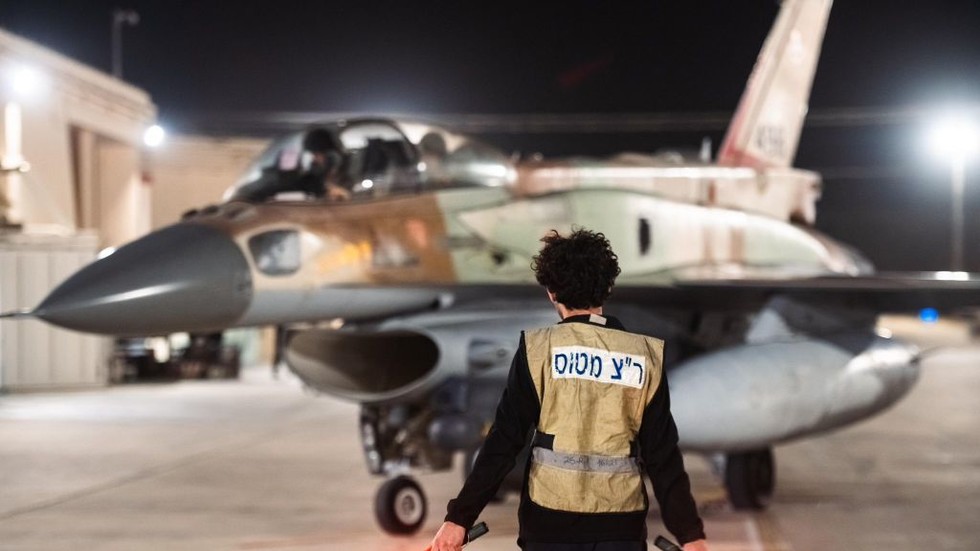Hezbollah’s recent targeting of Israeli Prime Minister Benjamin Netanyahu’s residence represents an escalation in the ongoing tensions in the region, prompting a potential shift in Israeli military strategy. Reports from Hebrew-language Channel 13 indicate that Israeli ministers have been advised to prepare for a second wave of strikes against Iran. This escalation follows a series of airstrikes conducted by the Israeli Defense Forces (IDF) on Iranian military targets in response to an earlier mass missile attack by Iran on Israeli airbases. The IDF’s strikes were primarily focused on missile manufacturing facilities and air defense systems, signaling a strong response to perceived threats from Iran. Now, following Hezbollah’s drone attack on Netanyahu’s home, Israeli officials believe further military action is warranted.
During a recent cabinet meeting, discussions were held concerning ongoing hostilities with Iran and the necessity of additional responses. Channel 13 reported that ministers were informed that the recent airstrikes on Iran did not encompass any retaliatory action pertaining to Hezbollah’s drone strike. The lack of clarity surrounding the identity of the officials providing this information raises questions about the Israeli government’s response strategy moving forward. The emphasis on a distinct response to Hezbollah indicates the seriousness with which Israel views this specific threat, particularly due to Hezbollah’s established ties with Iran, which is perceived as a direct supporter of the group.
The attack on Netanyahu’s residence, which Hezbollah has admitted was orchestrated by them, further complicates the geopolitical landscape. Tehran’s support for Hezbollah has often been framed by Israel as an extension of Iranian influence through proxy forces in the region. In previous statements, Netanyahu has asserted that both Iran and its proxies, like Hezbollah, would face severe consequences for their actions. This relentless cycle of retaliation and counter-retaliation underscores the precarious nature of security in the region, with leaders on both sides issuing threats that could escalate military engagements further.
Following the Israeli airstrikes, the Iranian leadership’s response remains uncertain. In a recent address, Iranian Supreme Leader Ayatollah Ali Khamenei urged a cautious approach to the Israeli military action, implying that the implications of the attacks should be viewed neither as trivial nor overly alarming. Khamenei emphasized that the Iranian government would strategize its response in a way that serves the nation’s interests thoughtfully. Meanwhile, Iranian Foreign Ministry spokesman Esmail Baghaei boldly stated that Tehran would employ all means available to effectively respond to what he termed “the Zionist regime.”
From an international standpoint, the U.S. State Department characterized the Israeli airstrikes as “proportionate,” a term that suggests a calculated approach rather than an excessive reaction. Washington has urged Tehran to exercise restraint and avoid escalating military confrontations. The context of this situation reveals how interconnected global powers are with regional conflicts. The responses and strategies of both Iran and Israel are influenced by international diplomatic considerations, alongside their immediate security concerns.
In conclusion, the targeting of Netanyahu’s residence by Hezbollah has significant ramifications for Israeli-Iranian relations. As Israel prepares for possible further military action, it underscores the enduring cycle of violence that perpetuates conflict in the region. Every retaliatory strike and counter-move adds layers to an already complex geopolitical environment, driven by longstanding grievances and strategic interests. Israel aims to assert deterrence while navigating the intricate web of alliances, particularly with the looming presence of Iranian influence through proxy groups like Hezbollah. The coming weeks will likely reveal how these tensions evolve and whether they lead to greater military escalation or a reassessment of foreign policy by the involved nations.

